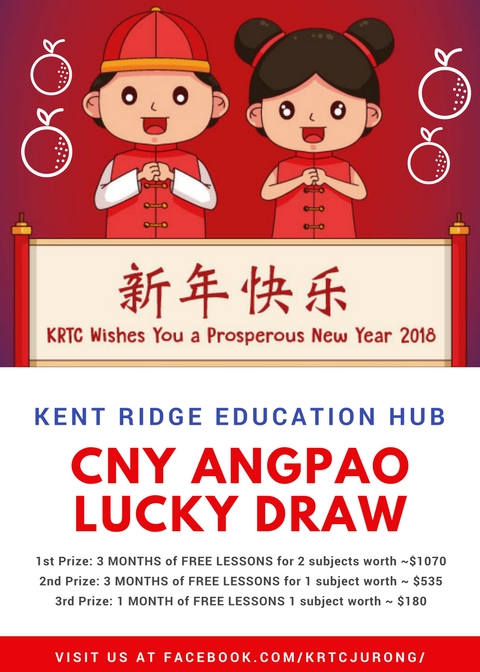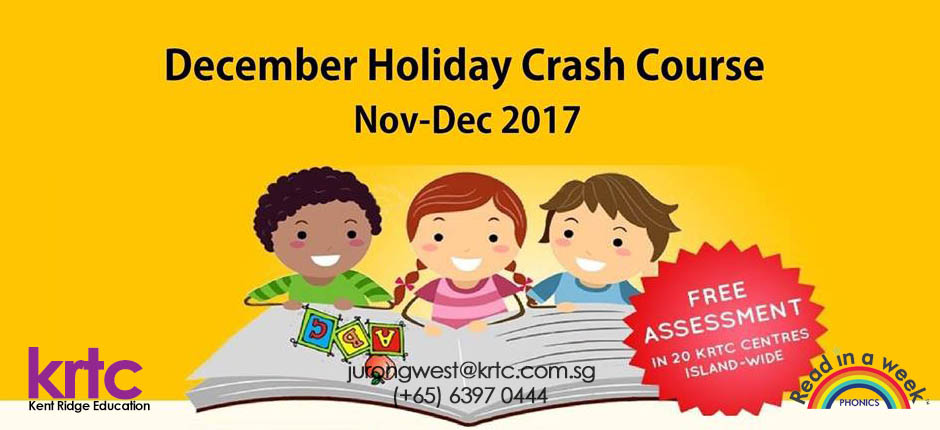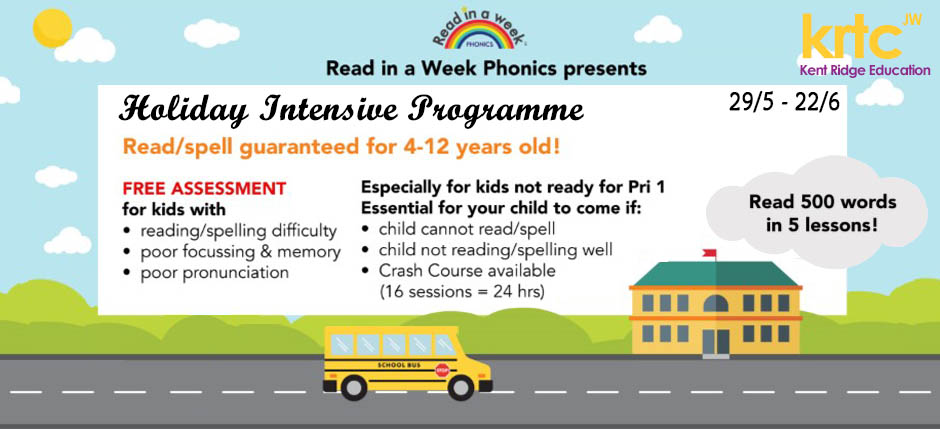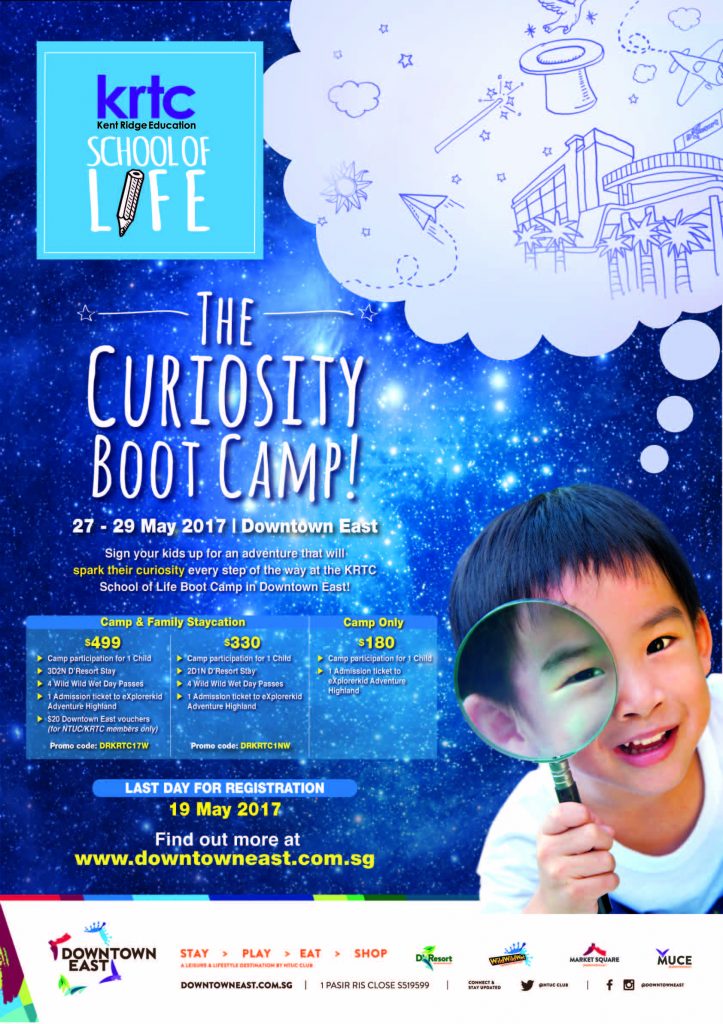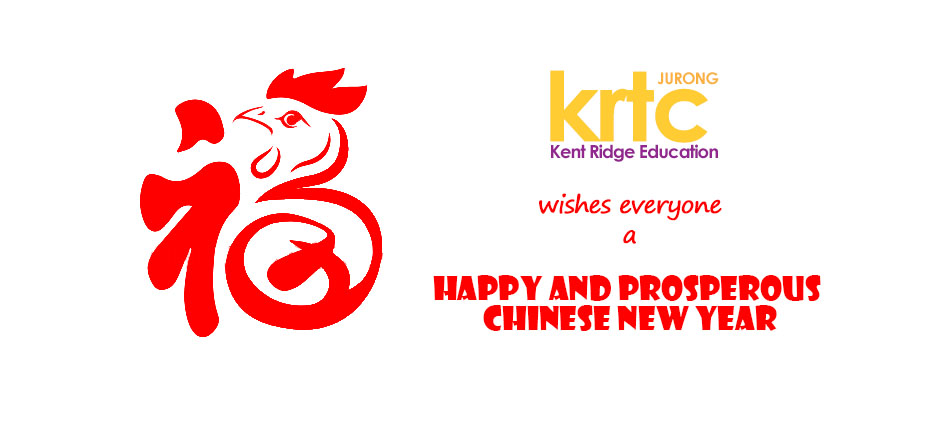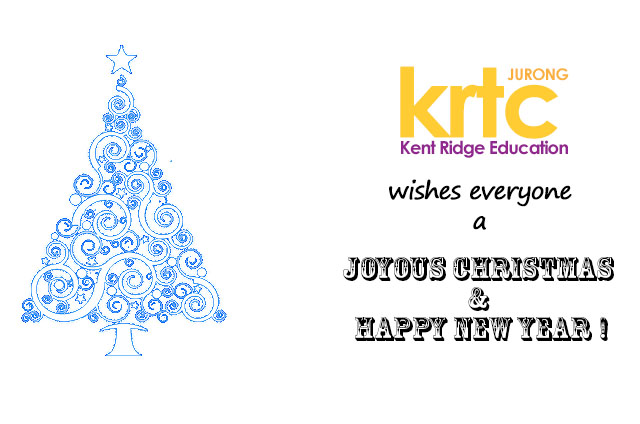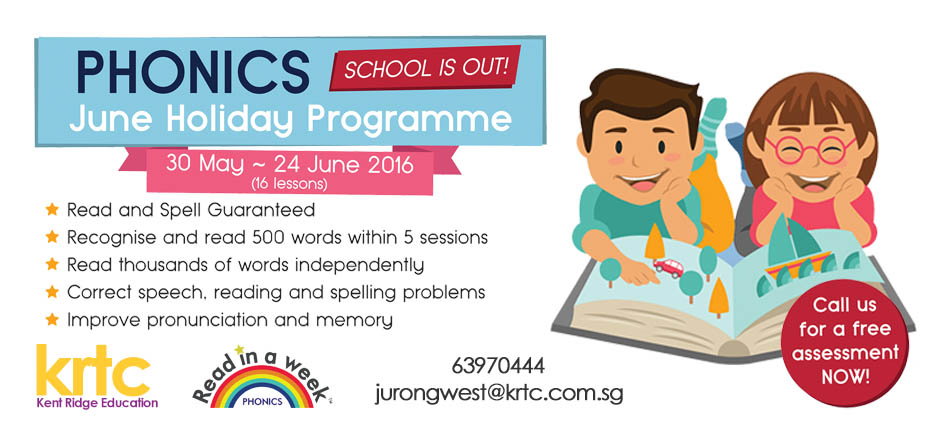With the advancement in technology, individuals tend to use search engines in the hope to gain more knowledge as well as to get rid of the lingering unknown issue. In the 21st century, media literacy has become one of the essential skills. Parents are often highly concern when it comes to the usage of the media in education, most parents think negatively against the combination of education and the media but, how exactly does the use of media in education benefit a child? In this article, I would be mentioning about the benefits and downsides.
Media
Most educators face the issue of students not paying full attention, fidgeting and even going to the toilet as an excuse to leave the class. The use of media enhances teaching and learning that complements the traditional way of teaching. With the usage of the media, students are highly motivated and engaged leading to a better retention of knowledge. Active learning strategies like case studies and group discussions could be a component of the media. The media could be a song that’s being played on the radio, a film clip, a podcast or even a newspaper article. The media appeals to a variety of different learning styles be it visual, auditory and kinesthetic therefore making it a beneficial learning experience for each and every student. Critical thinking skills could be developed as educators could use the media to probe students with questions that facilitate discussions that exceeds beyond fundamental questions. The media also influence students more than anyone else.
Active learning using media, the benefits
With the usage of favored customary mediums, students, as well as educators, benefit from it such that the media capture the attention of students enabling them to maintain their interest in the concepts and theories being discussed during lessons. Media sources offer the experiences of both cognitive and affective and could evoke students to discuss on the evaluation on oneself likewise their values. Media sources tend to have high production quality and are able to showcase complex ideas within a short period of time, this helps in the development of quantitative reasoning.
Students are enabled to view concepts and examples while they watch television or are at the movies with their peers. Through the media, students are able to experience a world beyond their very own as the media might portray a different environment. An increase in the ability and proficiency of students in communication through expressing and disseminating of their thoughts and ideas within a massive range of traditional and new media forms. Students would focus on process skills rather than content knowledge and would benefit from it to be empowered to live in a media-saturated culture. Real-life happenings on media interconnect with students through an authentic experience in learning such that students are able to visualize the connection between what they learn in school and how such knowledge could be used as a member in the society. It enhances the engagement of students. Younger children benefit from it by the adoption of different skills sets namely – literacy skills, numeracy skills and social skills. While adolescent could gain developmental benefits of the media that are intellectual, educational, social and creative.
Active learning using media, the downside
Adolescents spend a whole lot of time on new media causing the increasing concern in regards with this issue. The mass media influences the behaviors of an individual… most concerns revolve around the effects of the media where violence, crimes, sexual relationships, drugs, smoking, alcohol abuse, body image, diet, obesity and preference in food are being protrayed. Adoleescents are unable to know the right from the wrong and might pick up the wrong behaviors. As answers are often found on search engines, students rely on the internet in the accessibility of information causing the reduction on the focus on learning as well as retaining information. Students may also spend lesser time in socialising due to the lack of nonverbal cues – tone and inflection and body languages causing the effectiveness of an individual in communication to arise. The media has yet to be able to be an adequate replacement for face-to-face social interaction.
Conclusions
All in all, an individual who is media literate is able to have access, be able to analyze and evaluate information received from the media and in turn be able to think critically and be a confident speaker.
